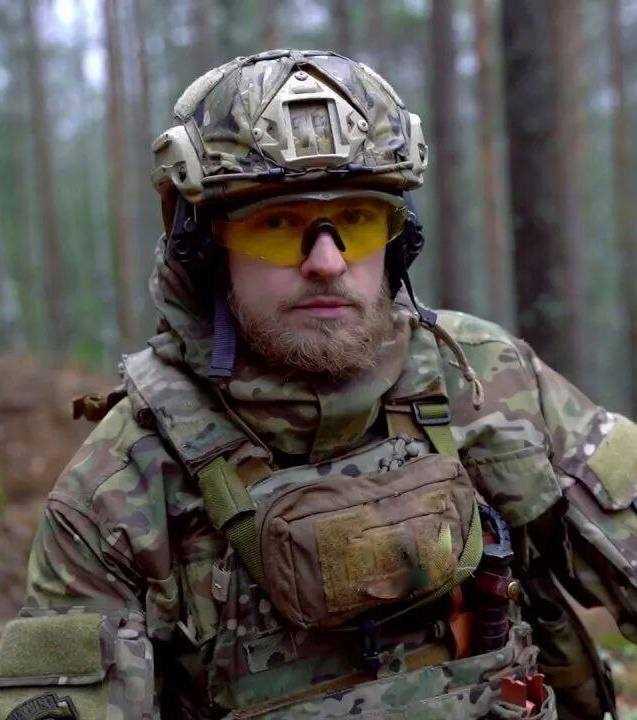
Rusich Fighter Yan Petrovsky’s Escape From Russia
An alleged key fighter, founding member and leader of Russia’s best-known neo-Nazi unit Rusich, Yan Petrovsky, has been detained in Finland. Kyiv has sent an official request to Finnish authorities asking for the extradition of the 36-year-old Russian neo-Nazi. Our investigation explores the many ties of Petrovsky to the Nordic and Russian neo-Nazi community.

Finland’s Cabinet of Horrors
This article was first published by the Rosa Luxemburg Stiftung on Jul 13th, 2023 – by Pinja Vuorinen. The Finnish parliamentary elections were held on April 2, but it has taken almost three months for a new government to be
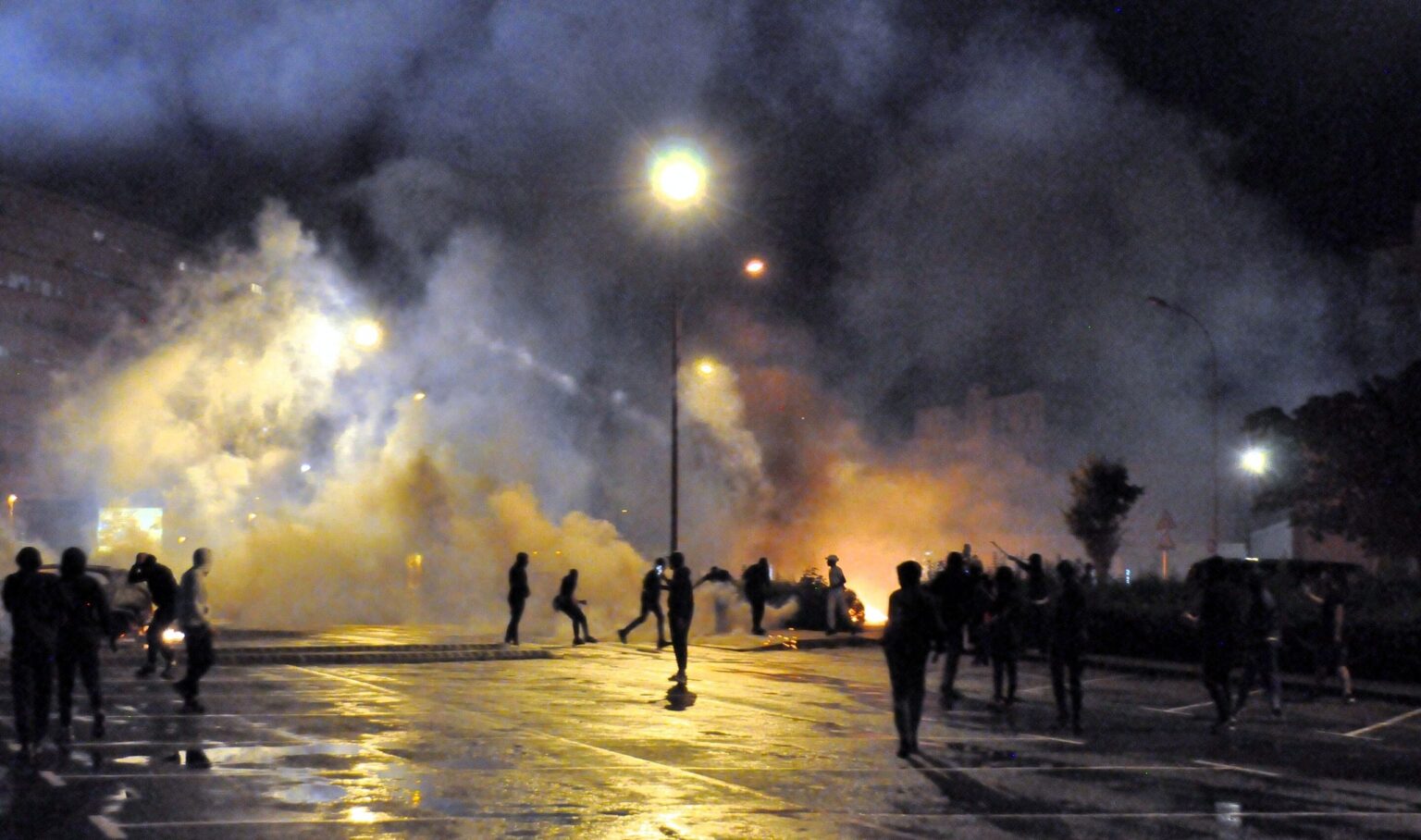
I’ll put a bullet in your head!
On June 27th, 2023, a 17-year-old boy, Nahel, was shot dead by a police officer during a traffic stop in Nanterre, a western suburb of Paris. A witness filmed the scene; the policeman yells, “I’ll put a bullet in your
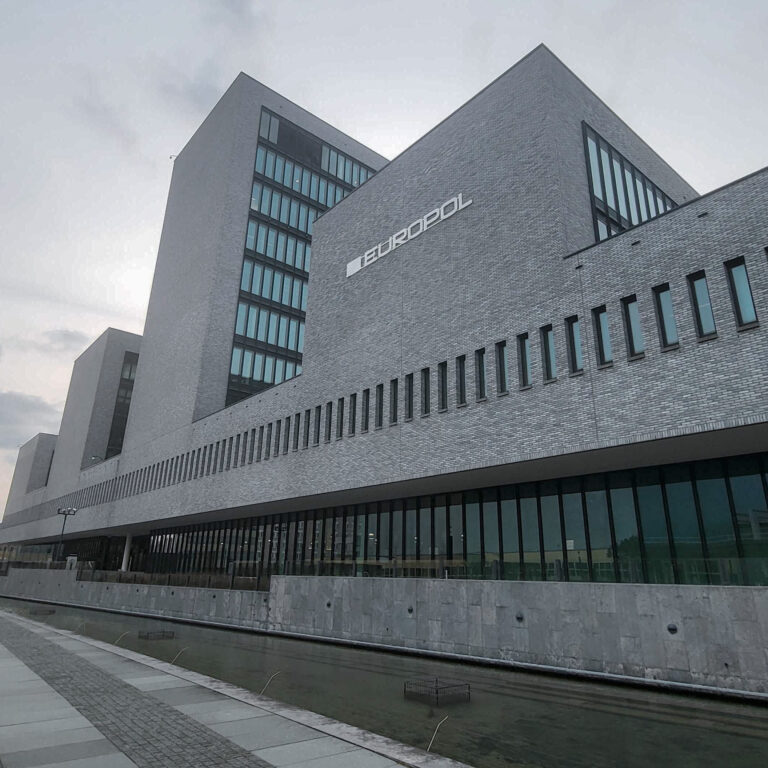
EUROPOL Report Covers the European Right’s Stance on Ukraine
Europol has published a report on terrorism. It mentions the far-right and the war in Ukraine There has been a significant split among the European far-right on the issue of the war in Ukraine. This is based on Europol’s European

The Greek Far Right after the rightward shift in the election
Written by Signal/ Researching and Confronting the Far Right The Greek election results are naturally multifaceted and open to various interpretations. We witnessed an overt defeat of Syriza and MeRA25, thereby of a large part of the Left. We also
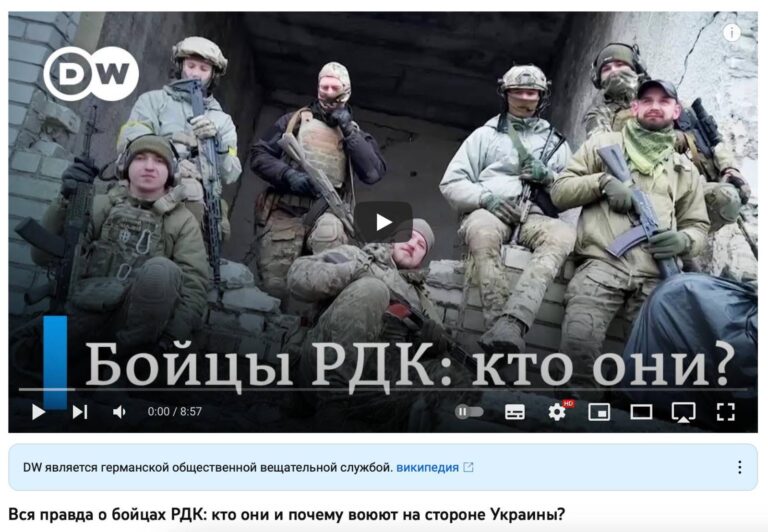
The whole truth about the fighters of the RDC: Some of them are neo-nazis
The Russian-language editorial board of the German state media company Deutsche Welle published a video report about the Russian Volunteer Corps (RDC), which did not mention that neo-Nazis were serving in the unit. The relevant video was published on May
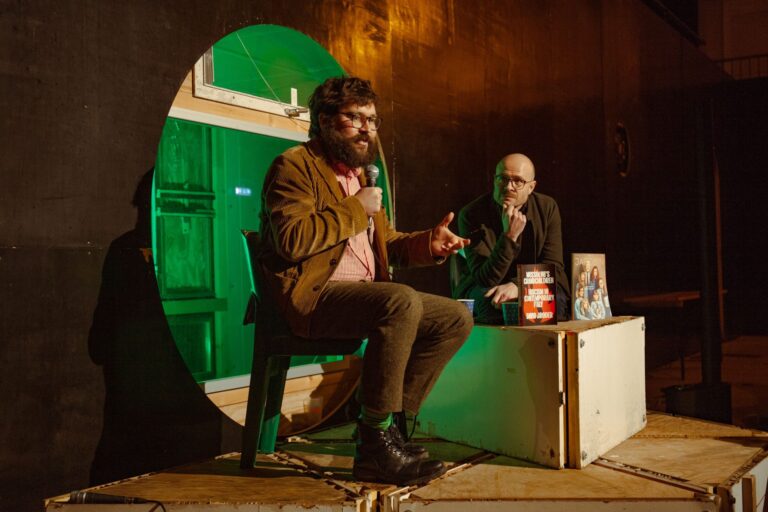
The Far-right Wants to Make the Rest of Europe Like Italy
Interview by Antifascist Europe In September of last year, Italy’s Fratelli d’Italia party, considered the successor to Benito Mussolini’s Fascist party, gained political power. British historian and Jacobin editor David Broder recently published a new book on contemporary Italian fascists.
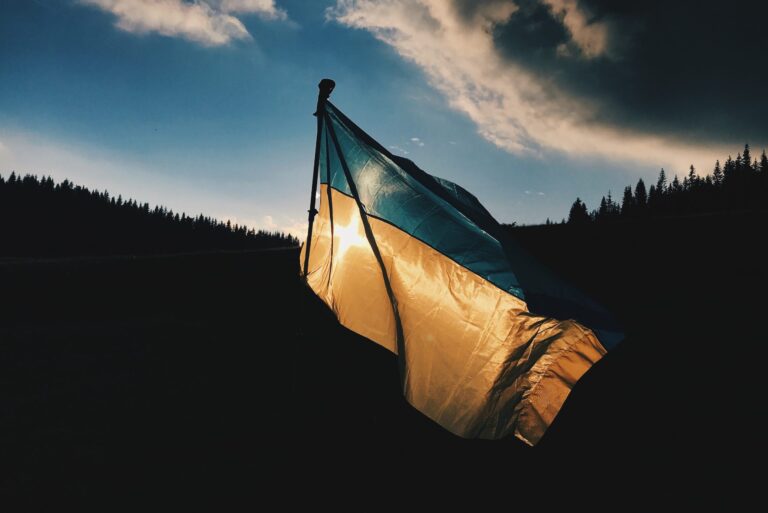
The Russian far-right splits over Ukraine
The original publication under the headline “Die Ukrainefrage spaltet” was published in the German antifascist magazine Der Rechte Rand, November/December 2021, pages 46-47. Translated by the Antifascist Europe team with the consent of the magazine’s editors. The author of the
#SayTheirNames #Hanauistüberall #Hanau1902
After the attack of Hanau, which marks its second anniversary, public discourse about racist violence in Germany changed. One on hand it was preceded by little to no prevention attempts, and followed by usual failures of authorities: poor investigative work, cold and disrespectful treatment of the families of the victims, and the ritualized indignation of politicians without any serious consequences. Moreover, Hanau triggered an old trauma of non-white people living in Germany: the racist othering, the daily insults and threats,
Video of the ENAM/Antifascist-Europe Launch
It was with great pride we launched the European Network for Antifascist Monitoring (ENAM) and the web-portal Antifascist Europe on the 19th of January.
Holocaust Memorial Day
Today it’s important not only to remember the victims of the Holocaust but also that the Holocaust didn’t start with the concentration camps. It started with cultures of hatred, driving fear which in turn drove policy, over time leading to murder. As European antifascists, we must therefore spend today not only remembering, but continuing, as we must every day, to resist!
Yellow Triangle – Christy Moore
We are honoured to have a range of prominent supporters and patrons. You can read more about the patrons here. One of the patrons is Irish musician and songwriter Christy Moore. Christy Moore is one of Ireland’s most cherished and successful artists. His career as a performer across seven decades has seen him develop generations of devoted fans, not just in Ireland, but across the world. Since his early days, the Irish folk singer has incorporated social and political commentary
Graphic Recording of the Launch of Antifascist Europe
Recordings by y0rgos Thank you so much to y0rgos who beautifully captured yesterday’s launch in the following graphic recordings. You can view more of y0rgos’ works on Facebook here: https://www.facebook.com/imagistanvisuals/ and on the website here: https://imagistan.com/ Click on the images to open larger versions
Far-right social media usage in Europe
The use of social media platforms by the far right has exploded over the last decade. From hate-filled youtube channels, to encrypted broadcast lists provoking violence, fascists across Europe have been quick to realise the potential of these widely-used platforms in disseminating their message, building their movement and mobilising their supporters. But how far has this spread, and what responsibility should the huge tech multinationals take for the hate spread on their platforms? In this article James Poulter charts the
A Brief History of Far-Right Movements in Russia
The first far-right groups, and specifically the neo-Nazis, appeared in the USSR back in the 1950s. Schoolchildren and kids from the families of party officials became involved in neo-Nazi groups, as they were attracted to the aesthetics of Nazism with its parades, the cult of the beautiful body and neoclassical architecture. For this, they were called “stilyagi”. Researchers also distinguish a group of “politicians” – adult far-right dissidents who were attracted specifically to the cult of Adolf Hitler.
Antifascist Europe: Launch event on 19 January
Antifascist Europe is a network of antifascist research projects spanning activist initiatives, journalists, and researchers from around Europe who monitor the development and transnational networks of far-right and right-populist parties, along with white supremacist, Neo-Nazi, and fascist groups. Please click here to register for the launch event on 19 January 2022 at 11 am. CET. After the registration you will receive all needed information via mail to participate at the launch. You can also stream the launch live on YouTube,
Utøya: Ten Years Later
Ten years ago, on 22 July 2011, 77 people fell victim to the violent attack perpetrated by a far-right extremist in Norway. Today, the bombing in Oslo’s government quarter that claimed eight lives, and the massacre of 69 members of the Workers’ Youth League on the holiday island of Utøya two hours later, serves as a positive point of reference, whether direct or indirect, for a number of far-right imitators and admirers executing their own terrorist attacks.
The driving force
Turkish extremist group Grey Wolves finds a favourable climate in Germany
Since the 1970s, largely unnoticed by the general public, a network of Turkish ethnonationalists known as the Grey Wolves has established itself in Germany, targeting Armenians, Kurds, Jews and political opponents. Today, the group constitutes a major domestic security threat, but one that has been consistently underestimated and neglected.
How Germany’s Far Right Is Building Up Anti-Immigrant Parties in the Balkans
The continued electoral success of the Alternative für Deutschland (AfD) has heightened the probability for that its affiliated Desiderius Erasmus Foundation will use public funds to conduct political education promoting authoritarian national radicalism – both in Germany and abroad. In his article, Aleksandar Matković outlines the various contacts and relationships between the AfD and right-wing parties in South-Eastern Europe, especially in Serbia and Croatia. Should the Desiderius Erasmus Foundation” were to receive public funding in the near future, it would
Nazi Exodus: How Russian Nazis Ended Up In Ukraine
Russian Nazis play a significant role in the Ukrainian far-right movement, even though Ukraine is at war with Russia. The Marker has talked to experts in the field of far-right extremism—journalists, researchers and activists of the anti-fascist movement—and found out which of the Russian Nazis have fled to Ukraine and why.
The Many Afterlives of Golden Dawn
Despite the fact that Greece suffered a violent history in the twentieth century, with its fair share of military dictatorships, a vicious civil war that led to the persecution of thousands of left-leaning citizens, and a peculiar post-war regime that systematically resorted to the violent repression of political dissenters, by the 1980s it seemed that far-right ideology and practices had been left behind for good. In that sense, witnessing the emergence and rapid spread of a far-right in the 2010s
The “Anti-gender” Movement: The Repressive Sexual and Gender Politics of the Far Right and Christian Fundamentalisms in Europe
Yes, feminism is the vaccine against fascism. It is a bulwark against fascism and challenges it. Because if there is something that unites and gives structure to the various extreme right-wingers apart from their misogynist agenda and their anti-feminism, it is their attempt to change the framework of this massive movement that has arisen across the planet and to convince a section of those that the movement appeals to adopt their agenda. Yes, feminism is undoubtedly the workhorse of the
“X them out! The Black Map of Racist Violence”
“X them out! The Black Map of Racist Violence” initiative arose from the need to reveal the organised hate crimes connected with the Golden Dawn neo Nazi organisation in order for the wider public to realise the extent of its criminal activity.
A Portrait of a Modern Anti-Fascist Movement: A Closer Look
The prevailing political trends are currently putting antifascists worldwide under mounting levels of pressure; taking a cue from the Cold War tradition, this politics is increasingly branding antifascism and antifascist activity as an “underestimated danger” and “left-wing extremism”. It is time we countered this ludicrous distortion of the reality of the modern antifascist movement.
The normalization of racist rhetoric
The narrative that has been created on Roma – as Cayetano Fernández writes – is a white construct that produced the legitimization of white identity.
Post-fascism and new authoritarianism in Europe
The Italian historian Enzo Traverso defines post-fascism as the contemporary form of the fascist phenomenon: an ongoing phenomenon with continuities (legacies of classic fascism) and ruptures (loose ideology, a mixture of populism and xenophobia). In Europe, the new post-fascist nationalism no longer targets – as it did in the 1930s – other nations, and in particular European nations, but rather immigration and Islam. Populist demagogues are seizing power with a bigoted agenda. Xenophobic, nationalist and racist parties are being reinforced.

